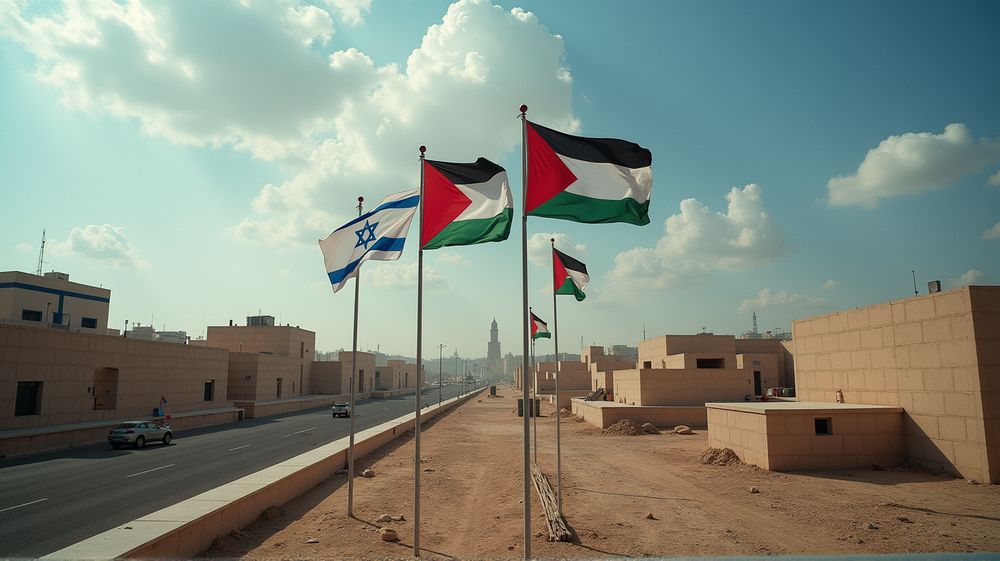In a decisive announcement, Israeli Prime Minister Benjamin Netanyahu has stated Israel’s intention to take full control of the Gaza Strip. This statement comes amid heightened military actions involving intensified air strikes on the Palestinian territory. Netanyahu’s bold declaration was made via a video statement posted on his Telegram channel, capturing international attention.
The Diplomatic Dynamics Behind Humanitarian Aid
Netanyahu recently addressed the controversial decision to allow a limited number of aid trucks into Gaza. This move, occurring for the first time in nearly two months, was described by Netanyahu as a necessary step to avoid international backlash. “The fighting is intense, and we are making progress,” Netanyahu said, “We must act in a way that cannot be stopped.”
Balancing Power and Humanity
While maintaining a firm stance on military engagements, Netanyahu emphasized the need to prevent a humanitarian crisis in Gaza. “We must not let the population of Gaza sink into famine, both for practical and diplomatic reasons,” he expressed. This humanitarian concern aligns with advice from close allies, notably pro-Israel US senators, who suggested that allowing some aid could maintain international support.
Allies and Strategy
Netanyahu noted that these allies promised substantial support to Israel, including weapons and backing at the UN Security Council, all conditional on maintaining a humanitarian perspective. The strategic release of aid aims to curb potential images of mass starvation, deemed unacceptable by allied nations.
A Complex Geopolitical Move
This decision’s complexity is underscored by Netanyahu’s resolve to “secure victory.” With a multifaceted approach combining military action, diplomatic relations, and tactical humanitarian aid, Israel’s strategy in Gaza remains a critical point of global focus.
As the situation develops, international observers keenly watch how this strategy unfolds. The implications of Netanyahu’s announcement could shape the future landscape of the Middle East.
As stated in Middle East Eye, Middle East Eye provides in-depth analysis on these developments and their broader implications.
Stay informed with our updates and explore how these events impact both regional and international dynamics.












